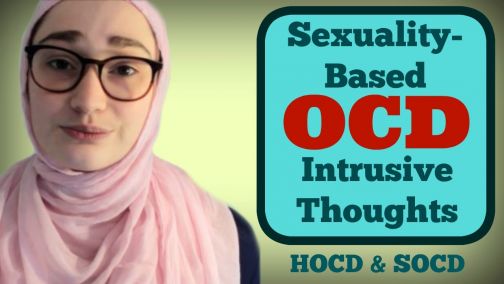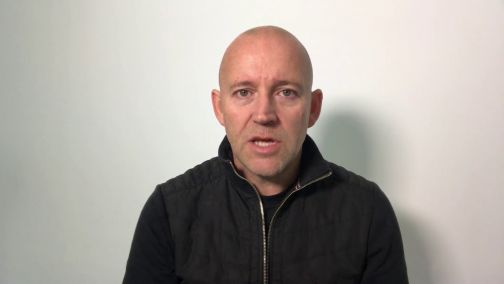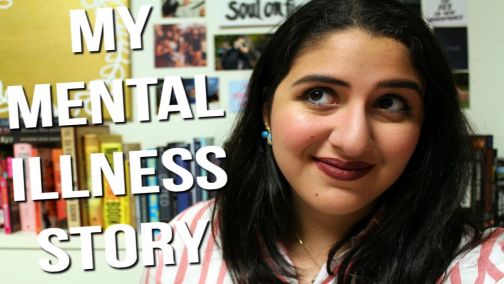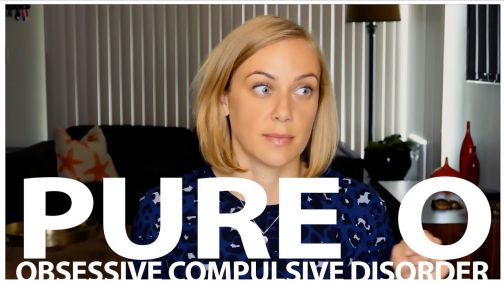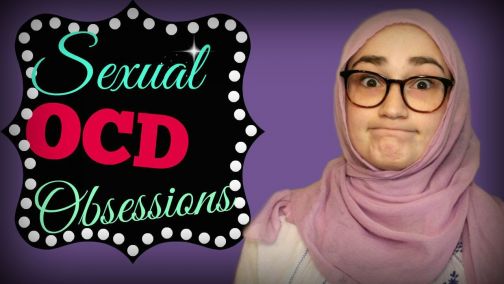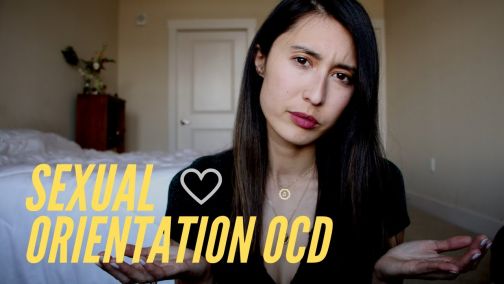Living with Sexual Orientation OCD

What’s going on?
Sexual Orientation OCD, sometimes referred to as Homosexual OCD, is a subset of OCD in which sufferers constantly question their sexuality. It’s estimated that 10% of people with OCD have this specific subset. A Sexual Orientation OCD sufferer can obsess about being homosexual, heterosexual, and anything in between. They engage in major introspection to determine their sexuality or sexual orientation. This constant questioning can be alarming, confusing and very anxiety inducing
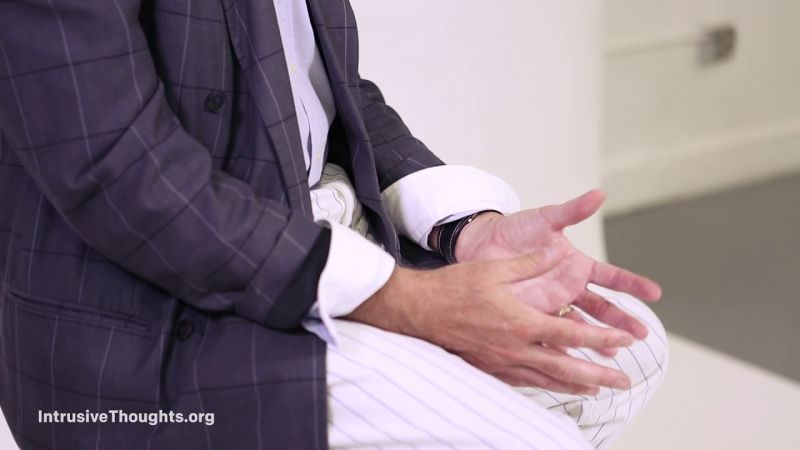
What is HOCD (now known as Sexual Orientation OCD)?
Dr. Phillipson defines and discusses Sexual Orientation OCD.
Common Sexual Orientation OCD obsessions:
- Fear that you’re gay when you’re actually straight or vice versa.
- Constantly questioning your sexuality.
- Fear of sending out signals that make you seem gay or straight, depending on sexual preference.
Common Sexual Orientation OCD compulsions:
- Avoidance: You stop dating, attending events or going out into social settings.
- Checking: Looking at someone or a picture of someone of the same sex and determining whether you have a sexual or emotional response.
- Questioning: Becoming confused when you see someone of the same sex and thinking they’re attractive.
- Reassurance: Looking at photos of the opposite sex to confirm that your sexual desires are aligned with what you know to be true.
Common misconceptions about Sexual Orientation OCD:
- OCD only comes in one, general type. Subsets like Sexual Orientation OCD don’t exist.
- People who are straight don’t think people of the same sex are attractive.
- People who obsessively worry about being gay must actually be homophobic.
Related Reading
How Do I Know it’s OCD?
Everyone gets intrusive thoughts, but having them doesn’t mean you have OCD. For people who do have OCD, these thoughts can be debilitating, causing extreme anxiety and discomfort. No matter how hard you try to get rid of them, they won’t go away.
It’s not uncommon for people to explore their sexuality or identify as sexually fluid. However, despite growing acceptance, it is also common for people to have a crisis over “coming out” to their family and friends. Doing so can still be met with judgement and harsh words. Sexual Orientation OCD sufferers are constantly seeking answers to the sexuality question. It is the focal point of their condition. They become so concerned with who and what they like, that they believe their life is at risk if they don’t find answers. This disorder can also come with substantial shame for those who were raised to believe that homosexuality is a sin.
It’s possible for Sexual Orientation OCD and Relationship OCD (ROCD) to be intertwined. Sexual Orientation OCD obsessions can transfer into concerns about a person’s partner and overall relationship. Learn more about ROCD here.
Everyday Examples:
- You’re a straight man sitting next to another male on the subway. You instantly begin worrying that you’ll become aroused if his leg accidentally brushes yours.
- You’re a straight woman who’s never had a sexual encounter with another women. Yet you can’t stop have graphic fantasies about one of your female coworkers.
- You identify as gay and have for many years. Sometimes you find yourself looking at someone of the opposite sex and obsessively wondering what it would be like to be with them.
How can my family help with my HOCD?
It’s important that your partners, family members and friends know that you are not having a sexual orientation crisis and that your thoughts are not authentic. You are concerned with the possibility that your sexual orientation is different than what you know it to be. However, these obsessive thoughts are the issue, not your sexual orientation. Reassurance is tempting, but it can actually make your OCD worse. Involving your family in therapy can be a good way to help them understand the do’s and don’ts of the disorder, and create a game plan for helping you at home.
Is Recovery Possible for Me?
Yes! The recommended treatment for sufferers of Sexual Orientation OCD is Exposure Response Prevention Therapy (ERP). ERP is when you voluntarily expose yourself to the source of your fear over and over and over again, without acting out any compulsion to neutralize or stop the fear. By repeatedly facing something you’re afraid of, you force your brain to recognize how irrational it is.
Examples of ERP treatment:
- You may be asked to carry around photos of attractive people of the same sex and encourage your mind and body to respond.
- Then, you may be asked to rate the “kissability” or “attractiveness” of people of the same sex to prove to your brain that it doesn’t need to sound the alarm.
There are other treatment options as well. Mindfulness-based Cognitive Behavioral Therapy, also known as CBT, teaches people to identify, understand and change negative thinking patterns and behaviors. Patients are taught problem-solving skills during therapy lessons and then instructed to practice them on their own time in order to build positive habits.
Can medication help?
Medication can help alongside ERP, but it shouldn’t replace it. Doctors should always be consulted before considering medicinal options.
The main family of medicines used to treat OCD are known as Selective Serotonin Reuptake Inhibitors, or SSRIs. SSRIs enhance your natural serotonin activity and are used to treat major depressive disorders and anxiety conditions. Examples include Lexapro, Prozac, Paxil and Zoloft.
What is the goal of therapy?
Some people with OCD recover completely through ERP. But for many, their obsessions never fully go away. Progress in treatment may mean that while you still question your sexuality, the act of doing so is not anxiety inducing. You are at peace with ambiguity. OCD recovery has more to do with managing the condition, than it does with eliminating it. However, that doesn’t mean you can’t lead a healthy, happy life. By prioritizing treatment and positive lifestyle habits, sufferers often gain confidence and freedom. Even if some anxiety is still present by the end of therapy, you’ll no longer feel debilitated by the condition.
If you suffer from OCD, you have a severe anxiety disorder. But it can be treated. Start by getting educated and making healthy living choices. Then find a clinical psychologist in your area who specializes in OCD and Exposure Response Prevention (ERP).
Support our work
We’re on a mission to change how the world perceives mental health.
